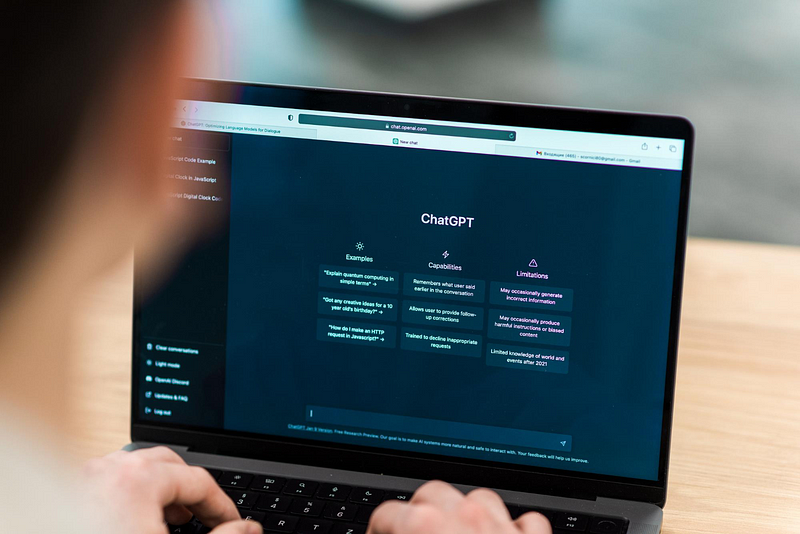Why Major Corporations Are Restricting Employee Use of ChatGPT
Written on
The Rise of ChatGPT and Its Controversies
ChatGPT has rapidly become a favored digital assistant across various industries, yet its increasing prevalence has raised significant concerns among major companies. Organizations like Samsung, Apple, and Amazon are implementing bans, driven by fears over security and privacy risks.
While ChatGPT offers substantial support for meeting tight deadlines, especially for software engineers engaged in coding, testing, and debugging, it also poses potential threats. A notable statistic indicates that nearly 43% of employees from a pool of 12,000 have utilized AI tools like ChatGPT at work, often without their employer's knowledge. Nevertheless, the platform is not without its flaws.
Samsung's Response to Security Breaches
In a recent incident, Samsung Electronics prohibited the use of generative AI after an engineer mistakenly uploaded sensitive source code to ChatGPT. Similarly, Apple has tightened its restrictions on ChatGPT due to comparable confidentiality and privacy issues.
The anxiety surrounding these incidents stems from the reality that data shared with AI platforms may be stored indefinitely, making it impossible to retrieve or delete. OpenAI can utilize any input from systems like ChatGPT to improve their algorithms, which can inadvertently expose confidential information. This concern became evident in March when a bug allowed users to view titles from others' chat histories.

Emerging Alternatives in the AI Space
Despite the challenges posed by ChatGPT, the genie of AI cannot simply be contained. Many organizations are now exploring the development of proprietary AI systems as a secure alternative.
Amazon took a decisive step in January by prohibiting ChatGPT, instead advocating for its own AI tool, CodeWhisperer, to assist with coding tasks. Apple has followed this trend by restricting ChatGPT's use to safeguard sensitive information and is currently developing its own AI solution.
In June, the Commonwealth Bank of Australia also limited ChatGPT usage, directing its technical staff to use CommBank Gen.ai Studio instead. Major financial institutions, including Bank of America, Citigroup, Deutsche Bank, Goldman Sachs, Wells Fargo & Co, and JP Morgan, have implemented comprehensive bans on ChatGPT.
Legal and Healthcare Sectors React
The legal field has approached ChatGPT with caution, as a survey revealed that approximately 15% of law firms have issued warnings regarding its use. In the healthcare sector, five hospitals in Western Australia have instructed their staff to cease using ChatGPT after it was employed to draft private medical notes.
However, some companies are embracing ChatGPT for its cost-effective capabilities. The Coca-Cola Company plans to integrate ChatGPT with AI image generator DALL·E for branding and content development. Buzzfeed has also announced a partnership to create quizzes and other content using ChatGPT.
In conclusion, while the integration of generative AI in workplace settings appears inevitable and may even lead to the replacement of certain job roles in the future, many corporations are currently weighing the risks against the benefits.
Chapter 2: The Debate on AI in the Workplace
The first video discusses whether companies should ban the use of AI tools like ChatGPT and BARD, highlighting the various perspectives on this issue.
The second video examines whether banning ChatGPT is the right decision for companies, providing insights from industry experts.